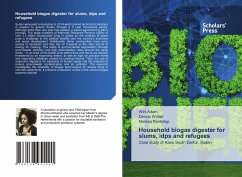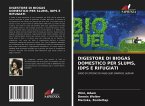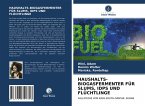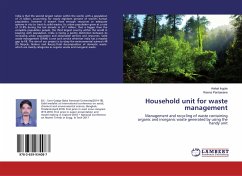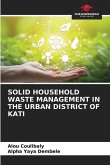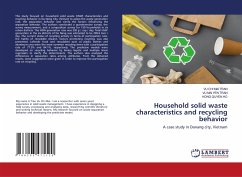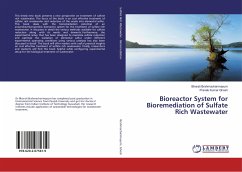Sudan witnessed a revolution in 2019 which placed technocrat ministers in position to govern Sudan through a 3 year transitional period. Although more than one year has passed, a peace agreement is still in process. The large numbers of Internally Displaced Persons (IDPs) of over 3.3 million countrywide living in camps on the outskirts of towns pose a challenge to the political stability and the country's economic and social development. Additionally, these communities have poor access to sanitation and they rely on firewood as the main source of energy for cooking. This leads to environmental degradation through groundwater pollution and high deforestation rates around the camp areas - in an area of the Sahel Zone where flora and fauna are already threatened by an expanding desert, as well as high air pollution levels and respiratory diseases caused by cooking indoors. Thus, the use of anaerobic digesters for treatment of human waste has the potential to reduce groundwater contamination and air pollution. The research investigates the feasibility of biogas technologies for people living in informal settlements. It presents a literature review of the current biogas systems national
Bitte wählen Sie Ihr Anliegen aus.
Rechnungen
Retourenschein anfordern
Bestellstatus
Storno

